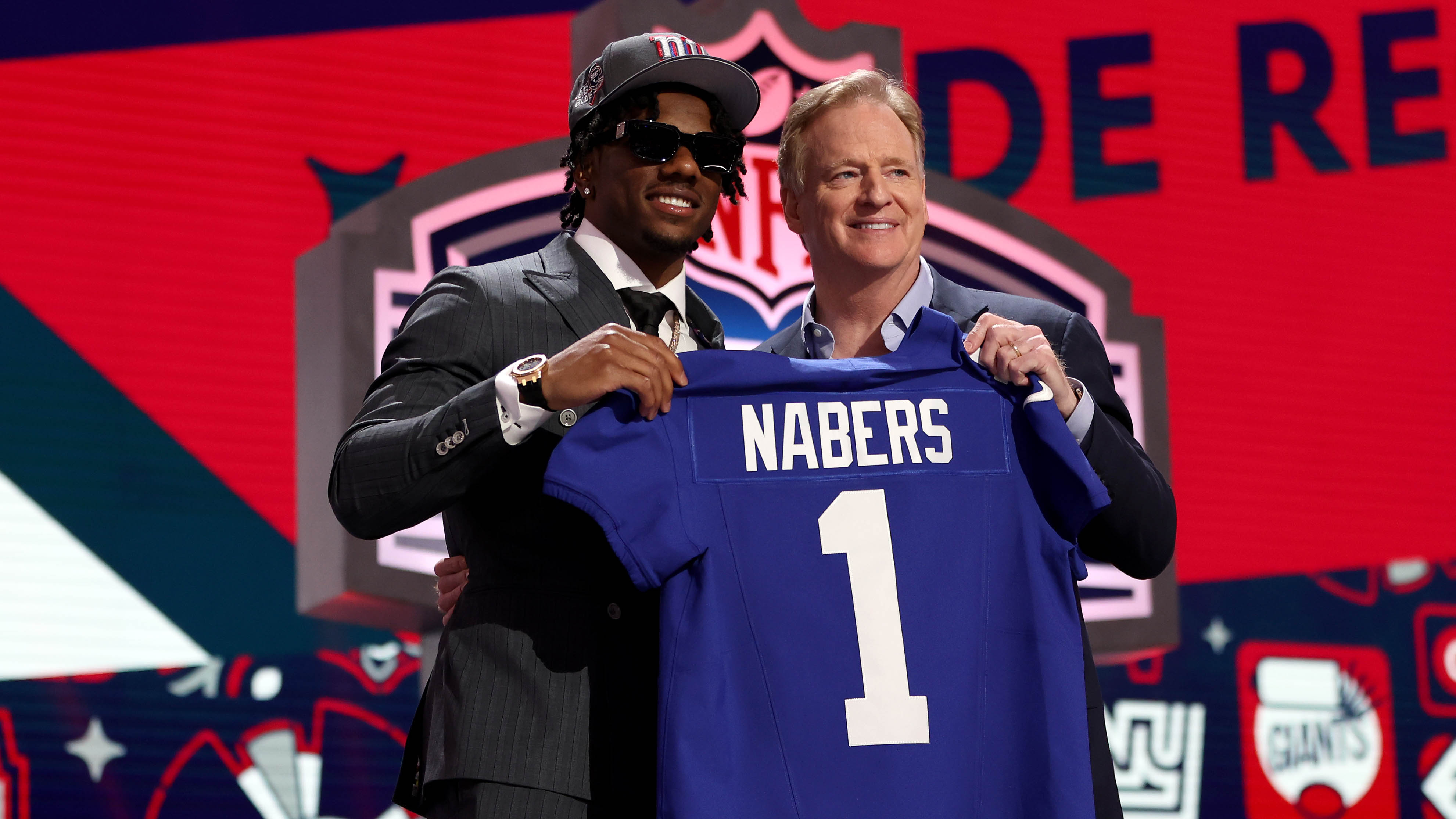New York City reported its first "significant allergic reaction" in a healthcare worker who received the Pfizer vaccine on Wednesday, the only adverse response it has received of more than 30,000 shots administered to date.
The worker has been treated and is in stable condition, city officials said. Allergic reactions to the Pfizer vaccine have been reported in clinical trials and since the FDA granted emergency use authorization earlier this month, but remain rare.
Health officials say they are closely tracking reports of more severe side effects in collaboration with the CDC. In the meantime, it will continue to move forward with vaccine distribution to ensure frontline workers and nursing home residents and staff are protected against the virus, health officials said in a statement.
No specific details on the affected worker's allergic response were immediately available. The city did not release any additional information on the case at Mayor Bill de Blasio's Wednesday COVID briefing, citing confidentiality rules.
"Vaccines, including the COVID vaccine, are safe in general," Dr. Dave Chokshi, the city's health commissioner, said during the briefing. "For the vast majority of people who have allergies, the COVID vaccine will be safe and effective for you."
People who have histories of allergic reactions to any kind of vaccine or any type of injection should have conversations with their doctors before getting the COVID-19 vaccine, Chokshi added.
Rare allergic reactions were reported in Britain before the Pfizer/BioNTech rolled out in the U.S., which has since reported similar, uncommon reactions. Three of them involved healthcare workers in Alaska.
Local
Earlier this week, an official with the National Institute of Allergy and Infectious Diseases told CNBC the U.S. is studying why some people have suffered severe allergic reactions after taking the shots.
The study, which is still in the early planning phases, is expected to include "several hundred" people who have a history of severe allergic reactions, Alkis Togias, chief of the NIAID's Allergy, Asthma, and Airway Biology Branch, told CNBC. While the rare reactions have been reported by people who got Pfizer's shot, the study may look at the vaccines made by both Pfizer and Moderna.
The hope is to get it off the ground in a matter of weeks, officials told CNBC.



